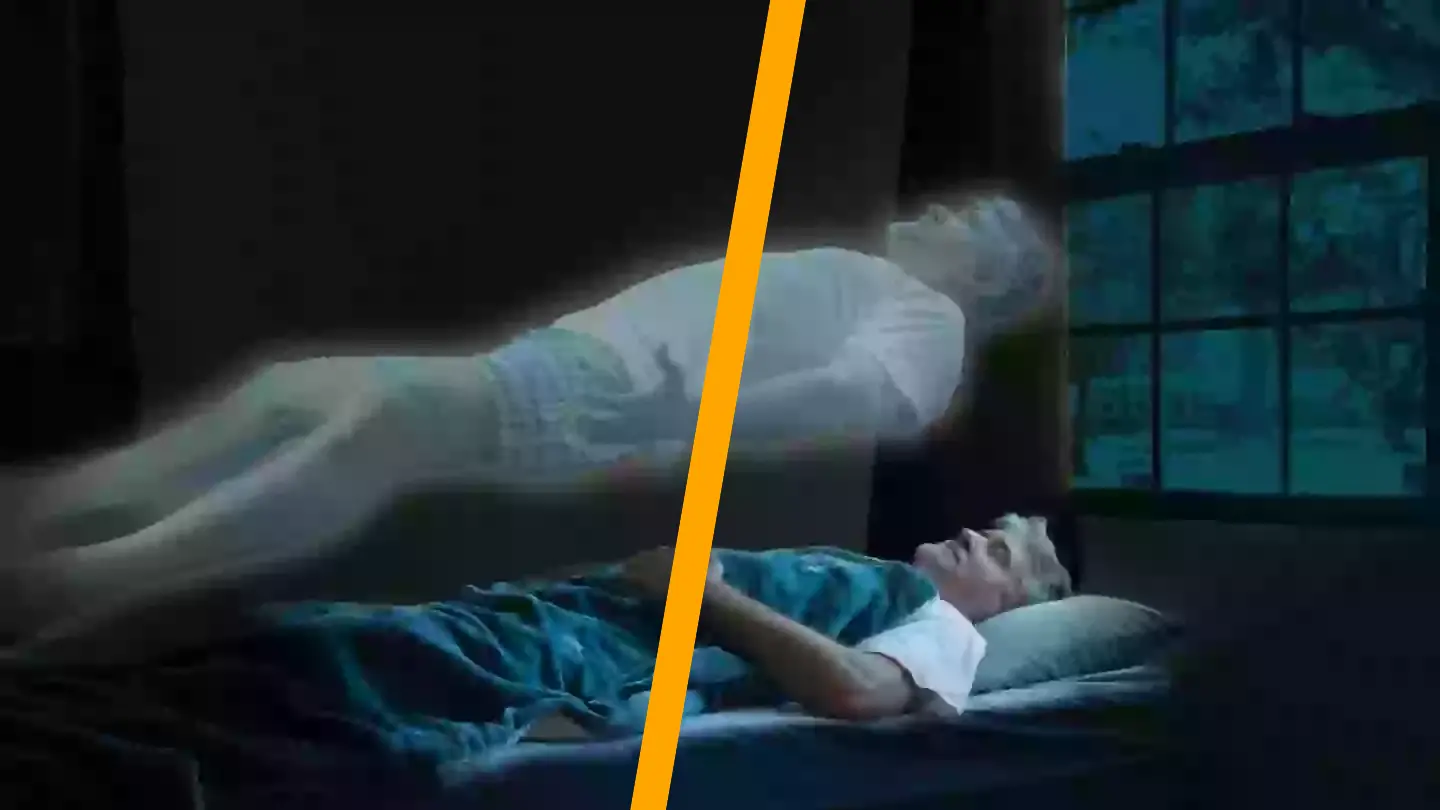In a groundbreaking study, scientists have claimed to have found compelling evidence suggesting that the ‘soul’ might depart from the body upon death.
The research focused on the brain activity of patients who were clinically dead, and Dr. Stuart Hameroff, an anesthesiologist and professor at the University of Arizona, shared his perspective on the findings.
The study involved placing small sensors on the brains of seven critically ill patients who were nearing death.
These sophisticated devices monitored the patients’ blood pressure and heart rate until they ceased and the patients passed away.
One of the key findings from the study was the detection of an unusual burst of energy after death, as recorded by an electroencephalogram (EEG).

Dr. Hameroff discussed this with Project Unity: “They saw everything go away and then [psh] you got this activity when there was no blood pressure, no heart rate.
“So that could be the near-death experience, or it could be the soul leaving the body, perhaps.”
He proposes that this phenomenon might represent consciousness departing from the body, describing it as ‘the last thing to go’ during the dying process.
“The point is it shows that consciousness is actually, probably, a very low energy process,” he added.
“This has been a fairly reproducible event, not 100% like 50% of patients show this when you measure it.”
The researchers suggested that the most plausible explanation for these readings is that the bursts were triggered by the brain’s lack of oxygen.
During a discussion on Through the Wormhole, a documentary series on The Science Channel, Dr. Hameroff elaborated: “Let’s say the heart stops beating, the blood stops flowing; the microtubules lose their quantum state.
“The quantum information within the microtubules is not destroyed, it can’t be destroyed, and it just distributes and dissipates to the universe at large.”

He continued: “If the patient is resuscitated, or revived, this quantum information can go back into the microtubules and the patient says ‘I had a near-death experience.’
“If they’re not revived, and the patient dies, it’s possible that this quantum information can exist outside the body, perhaps indefinitely, as a soul.”
The study concluded with insights from the team of experts: “In our critical care practice, we spend a significant amount of time with grieving families. In these interactions, we have found that the idea that ‘something’ happens at the time of death is comforting to the families.”

